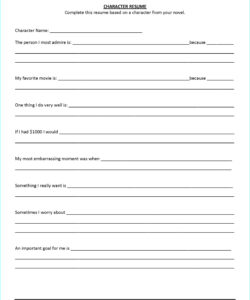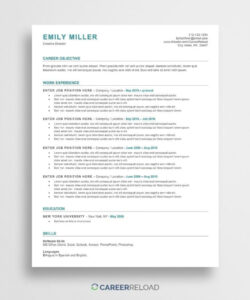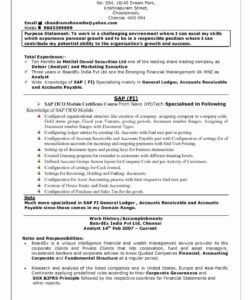Research experience is a valuable asset that can help you stand out from other candidates when applying for jobs. In this article, we will discuss how to put research experience on your resume in a way that highlights your skills and experience.
First, it is important to understand what research experience is and why it is important. Research experience can include anything from conducting experiments in a lab to analyzing data to writing research papers. It is important because it demonstrates your ability to think critically, problem-solve, and work independently.
How to List Research Experience on Your Resume
When listing research experience on your resume, there are a few key things to keep in mind:
- Be specific: List the name of the project, the name of the professor or supervisor you worked with, and the dates you worked on the project.
- Highlight your skills: Use bullet points to highlight the skills you developed during your research experience, such as data analysis, critical thinking, and problem-solving.
- Quantify your results: If possible, include numbers or statistics that demonstrate the impact of your research.
Here is an example of how to list research experience on your resume:
Research Assistant
University of Kansas, Department of Biology
June 2022 – August 2023
- Assisted in the design and execution of experiments investigating the effects of climate change on plant growth.
- Conducted statistical analyses of data using R and Excel.
- Presented research findings at the annual meeting of the Ecological Society of America.
How to Highlight Research Experience in Your Cover Letter
In addition to listing your research experience on your resume, you can also highlight it in your cover letter. Here are a few tips:
- Explain why your research experience makes you a good fit for the job.
- Describe how your research experience has prepared you for the specific responsibilities of the job.
- Provide examples of how you have used your research skills in other contexts, such as coursework or extracurricular activities.
FAQs
Q: How do I list research experience on my resume if I don’t have any?
A: If you don’t have any research experience, you can still highlight other skills and experiences that are relevant to the job you are applying for. For example, if you are applying for a job in data analysis, you could highlight coursework or projects that involved data analysis.
Q: How do I describe my research experience in a job interview?
A: When describing your research experience in a job interview, focus on the skills you developed and the impact of your research. Be prepared to provide specific examples of how you have used these skills in other contexts.
Q: How do I find research opportunities?
A: There are many ways to find research opportunities, including:
- Talking to professors or advisors in your field of interest.
- Checking job boards or websites for research assistant positions.
- Reaching out to companies or organizations that conduct research in your field.
By following these tips, you can effectively highlight your research experience on your resume and cover letter, and increase your chances of landing the job you want.


